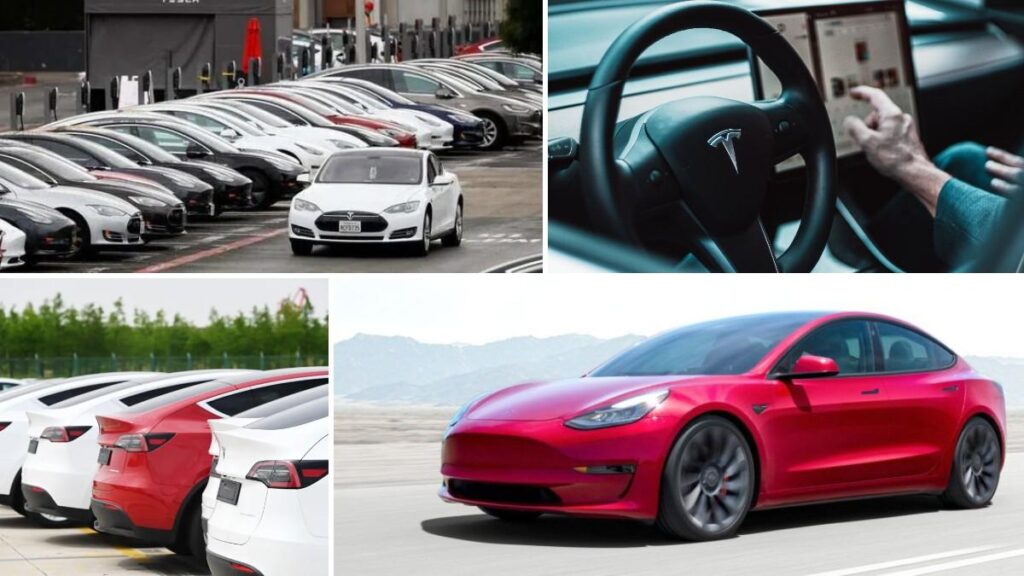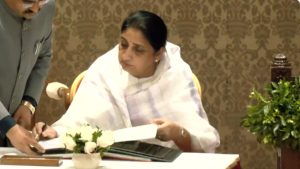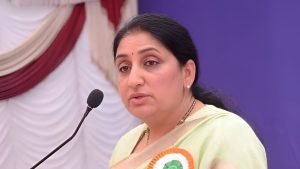Tesla to Acquire Land in Maharashtra’s Satara to Set Up its EV Assembly Plant in India

In a significant development for India’s electric vehicle (EV) industry, Tesla is actively looking for land parcels in Satara, Maharashtra, to set up an EV assembly plant. This move gains added significance in the wake of Tesla India chief Prashanth Menon’s resignation last week from his position as Chairman. Following his exit, Tesla’s China team has reportedly taken over supervision of Indian operations.
Satara, the hometown of Maharashtra Deputy Chief Minister Eknath Shinde, is now under Tesla’s radar as a strategic location for the plant. A senior government official confirmed that Tesla has already acquired large tracts of land near Satara, which lies approximately 110 kilometers from Pune. However, the exact size of the land and logistical details remain undisclosed.
The company plans to establish a Completely Knocked Down (CKD) unit in Satara, where electric vehicles will be locally assembled. The official added that Tesla intends to acquire the land through a joint venture with a reliable Indian real estate partner. Talks with Megha Engineering, a previous potential collaborator, have reportedly failed. Tesla is now negotiating with another Indian company to finalize the partnership.
This development is not Tesla’s first brush with Maharashtra. The state government had earlier offered land near Chakan and Chikhli—automobile hubs near Pune that host manufacturing facilities of global giants like Mercedes-Benz, Tata Motors, Mahindra & Mahindra, Volkswagen, and Bajaj Auto. Satara too is home to several automotive manufacturers, including Cooper Corporation, which specializes in engine parts, gensets, and tractors.
According to the official, Tesla has been searching for a dependable and accountable real estate agent in India for over a year to facilitate land acquisition for this plant.
When contacted, Tesla Inc., Tesla India, the Ministry of Heavy Industries, and the Maharashtra government did not respond to media quieries.
Meanwhile, India is negotiating a bilateral trade deal with the United States, which could be advantageous for Tesla. Reports suggest that India might propose reducing import duties on vehicle components to as low as 0–1%, provided the U.S. reciprocates by lowering its 25% tariff on imported vehicles. Such policy shifts could align with India’s broader plans to revise its Scheme for Manufacturing of Electric Cars (SMEC) to promote local EV manufacturing under Free Trade Agreements.
Adding to its India plans, Tesla has already secured a location in Mumbai to launch a showroom, likely marking the beginning of imported vehicle sales in the country. The company is expected to formally enter the Indian market by the end of the current financial year.










